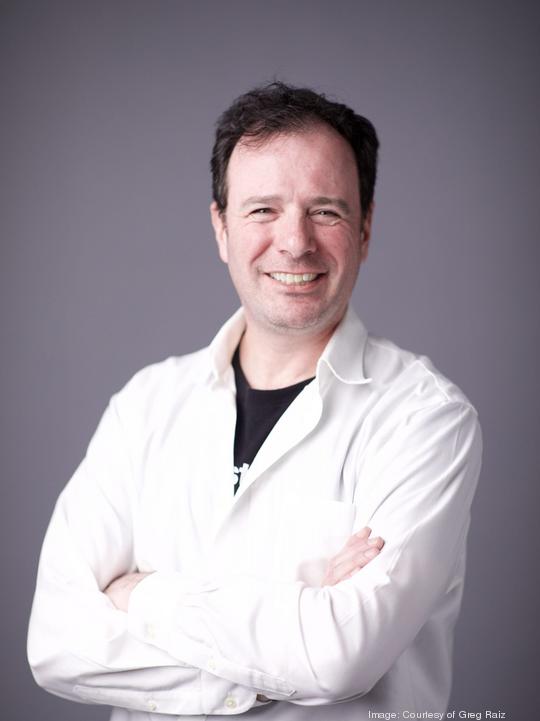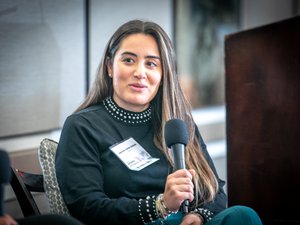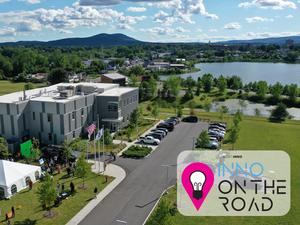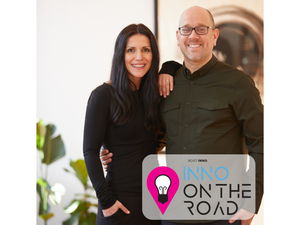
After setting out on his own upon stepping down as managing director of Techstars Boston, Greg Raiz is taking a more unconventional approach to supporting startups.
Late last year, Raiz launched his own venture fund, Raiz Capital, to dramatically increase the number of early-stage startups that he supports. The first program born out of this fund is an accelerator that Raiz is calling XLR8.
Seven companies have been selected for the inaugural cohort. But, unlike other accelerators, Raiz said they’re not publicly announcing the cohort until they’ve hosted private investor events in Boston, New York and San Francisco in November. The goal is to bring in investors without prior judgment on their part.
Raiz did say that all of the companies are harnessing AI and machine learning, but they work across industries like fintech and proptech.
Studying founder success
Raiz also aims to bring more objectivity to his work supporting founders.
“Basically everyone at the very early stage is being incredibly subjective. Meaning that they’re talking to the founder, they’re kind of ascertaining do I like the idea, do I not like the idea,” Raiz said.
After leaving Techstars, Raiz said he started looking for information and data that could help him make more objective decisions about what founders had a greater chance of being successful. Raiz doesn’t believe this data could definitively decide whether a founder would succeed. But, he believed it could improve his odds.
“If I could have a little bit of data and improve my odds by 1%, it’s actually a dramatic improvement from an investor perspective,” Raiz said. “90% of startups aren’t successful. So that means only 10% are successful. If you could improve just by 1% the startups that are successful that you’re picking, or reduce by 1% the startups that you aren’t picking, then you go from 10% to 12%. That’s a 20% lift.”
Raiz began collecting his own data, making a list of questions like “Do you consider yourself creative?” and “Have you ever played a competitive sport?” and surveying about 70 entrepreneurs who have had a high degree of success. For the survey, he defined this as an eight, nine or 10-figure exit.
“I tried to analyze the questions to see, are there certain questions that are either more correlated to the successful cohort or negatively correlated to the successful cohort,” Raiz said.
Even though it’s very early and he’s working with a small data set, he’s seeing some signals. Raiz is working on a paper about his key takeaways, but said it’s still too early to share the results. In the meantime, Raiz is continuing to gather data from founders. (BostInno readers are welcome to take Raiz’s survey for themselves.) He hopes that more data will help distill the signal from the noise.
Raiz still brought some subjectivity into his decisions about what startups to accept into his accelerator. But he also had an objective filter based on his early survey responses.
“There’s a lot of startup accelerators. There’s a lot of investment groups. There’s a lot of venture capital dollars out there. And there’s a lot of opinions on ways that things either work or don’t work. And I’m essentially trying to validate those things as I go,” Raiz said.
Sign up for The Beat, BostInno’s free daily innovation newsletter from BostInno reporter Hannah Green. See past examples here.








